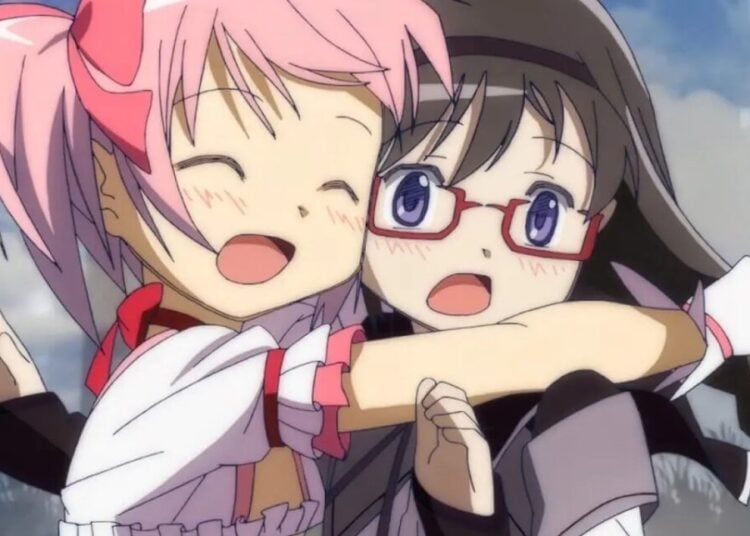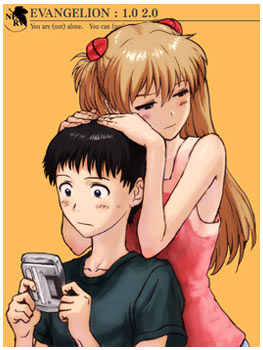You can learn a lot about Japan through its language, including such simple things as first and second-person pronouns, which work differently in Japanese depending on whether you’re male or female, and what kind of person you are. For the pronoun “I” you could choose from 私 watashi (formal, used more often by women), 僕 boku (semi-polite, usually used by younger males), and 俺 ore (mainly used by “manly” men); and words for “you” include あなた anata (formal, used by women more often than men); 君 kimi (familiar, used mostly by guys to their girlfriends or by anyone talking to a younger person); and お前 omae (oh-MAH-eh, again, a “macho” sounding word generally used by guys).
This last word is especially interesting since it basically asserts the superiority of the speaker over the person he’s speaking to, a concept that doesn’t exist in English, at least openly. When a man uses the word omae to a female he’s in a relationship with, the implication is that the girl “belongs to” him in a romantic sense. This generally will make some Japanese females swoon with affection, while others — those who speak more English and have lived outside Japan, I am told — may be offended by being thought of as an object to be possessed. I once got in quite a bit of trouble when I accidentally used this word with a friend’s girlfriend soon after arriving in Japan.
Who would have thought that words like “I” or “you” could be this complex?

Tomoyo from Clannad is interesting because speaks like a man, not like a girl.















